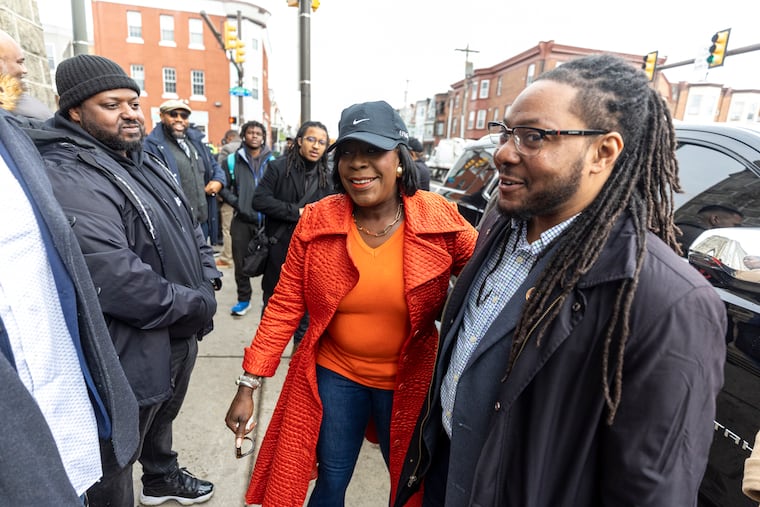Council traditions must not interfere with Mayor Parker’s housing initiatives.
Mayor Cherelle L. Parker has positioned housing as a cornerstone of her administration, committing to the construction or preservation of 30,000 homes within Philadelphia. Recent actions taken by the City Council indicate a degree of support for Parker’s ambitious housing initiatives. In a notable vote, the council demonstrated overwhelming backing for her housing strategy, despite some concerns about its financial implications.
However, the reality of local governance may pose significant challenges to Parker’s objectives. The tradition of councilmanic prerogative—where district councilmembers wield considerable authority over land use decisions within their jurisdictions—remains a substantial barrier to effective implementation of housing policies. This governance structure allows individual councilmembers to exercise significant influence over housing developments, often leading to conflicting interests that can stall or block projects.
A prime illustration of this challenge is Fifth District City Councilmember Jeffery “Jay” Young, who recently opposed a proposal to build 57 homes in the Strawberry Mansion neighborhood. Young’s rationale for opposing the project, citing insufficient community backing and concerns about population density, has been met with skepticism. The proposal had already undergone six years of community review and garnered support from several local civic organizations.
Initially envisioned as a larger project comprised of 77 units, the development had been scaled back to 57 homes after negotiations, attempting to satisfy previous council leadership. Yet, the project’s momentum has seemingly been halted since Young’s election, during which he assumed office uncontested after his rivals faced ballot disqualifications.
Under Young’s leadership, other community welfare initiatives have also faced setbacks, as evidenced by his resistance to key measures aimed at enhancing public safety and library funding. By delaying housing projects, Young risks undermining Parker’s broader strategy to alleviate the affordable housing crisis, which affects many Philadelphia residents.
The demographic context reinforces the necessity of such developments. Historically, Strawberry Mansion exhibited a higher population density than currently observed, suggesting that increasing housing could revitalize the area. Reports indicate that the neighborhood continues to experience a decline in residents alongside a significant number of vacant lots, which previously provided community housing.
The implications of adopting a councilmanic prerogative extend beyond individual projects. Recent legislative actions underscore a broader trend of local councilmembers leveraging their prerogative to oppose affordable housing initiatives, as evidenced by Councilmember Curtis Jones Jr.’s resistance to a similar proposal in West Philadelphia. For advocates and developers, the frustrating reality is that the norm of councilmanic prerogative often supersedes formal procedural guidelines, hindering meaningful progress on housing solutions.
Despite assurances to prioritize planning decisions, even those who campaigned against councilmanic prerogative have found themselves conforming to the established practices. Councilmember Jamie Gauthier, who initially vowed to dismantle this tradition, now finds it an indispensable tool for achieving her housing goals, albeit with limited success.
As Mayor Parker navigates the complex landscape of local governance, the interplay between council prerogative and housing development will be crucial in determining the future of her housing strategy. The urgency to address the housing crisis remains, yet the political dynamics at play may significantly shape the outcomes of her commitments.
Media News Source







